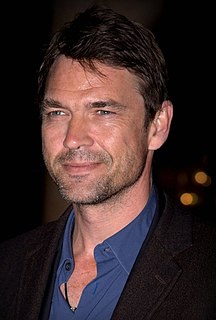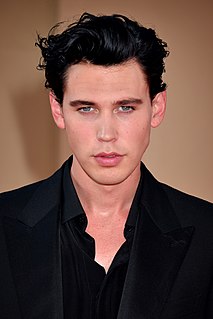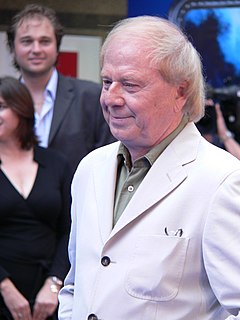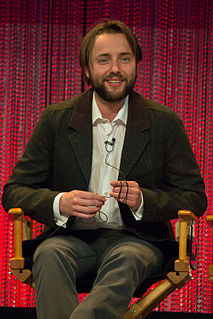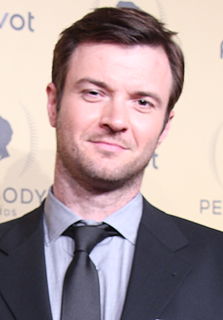A Quote by Cameron Monaghan
On film, it's really nice to see that transformation from the beginning, reading the script, to know where he starts and where he ends, and be able to plan for that.
Related Quotes
I like people, I really do. I like meeting people. But most of the time I would rather be at home reading a book than reading in a bookstore. It's a performance, and it ends up being all right, and then you have a nice shot of bourbon afterwards, and it's all good. I want to please people. I want to be nice. I want to be liked. As a result I say yes to everything. But it takes a lot of vital energy out of me.
In novels you're able to occupy character's internal thoughts and it's really hard to do in a film or a TV show. When you're reading a character's thoughts or when it's in first person, you're reading kind of their own story, so you have the opportunity to see what makes that character complex or complicated. And to me that's what the whole point of fiction is.
With a good script a good director can produce a masterpiece; with the same script a mediocre director can make a passable film. But with a bad script even a good director can’t possibly make a good film. For truly cinematic expression, the camera and the microphone must be able to cross both fire and water. That is what makes a real movie. The script must be something that has the power to do this.
What is a scene? a) A scene starts and ends in one place at one time (the Aristotelian unities of time and place-this stuff goes waaaayyyy back). b) A scene starts in one place emotionally and ends in another place emotionally. Starts angry, ends embarrassed. Starts lovestruck, ends disgusted. c) Something happens in a scene, whereby the character cannot go back to the way things were before. Make sure to finish a scene before you go on to the next. Make something happen.

